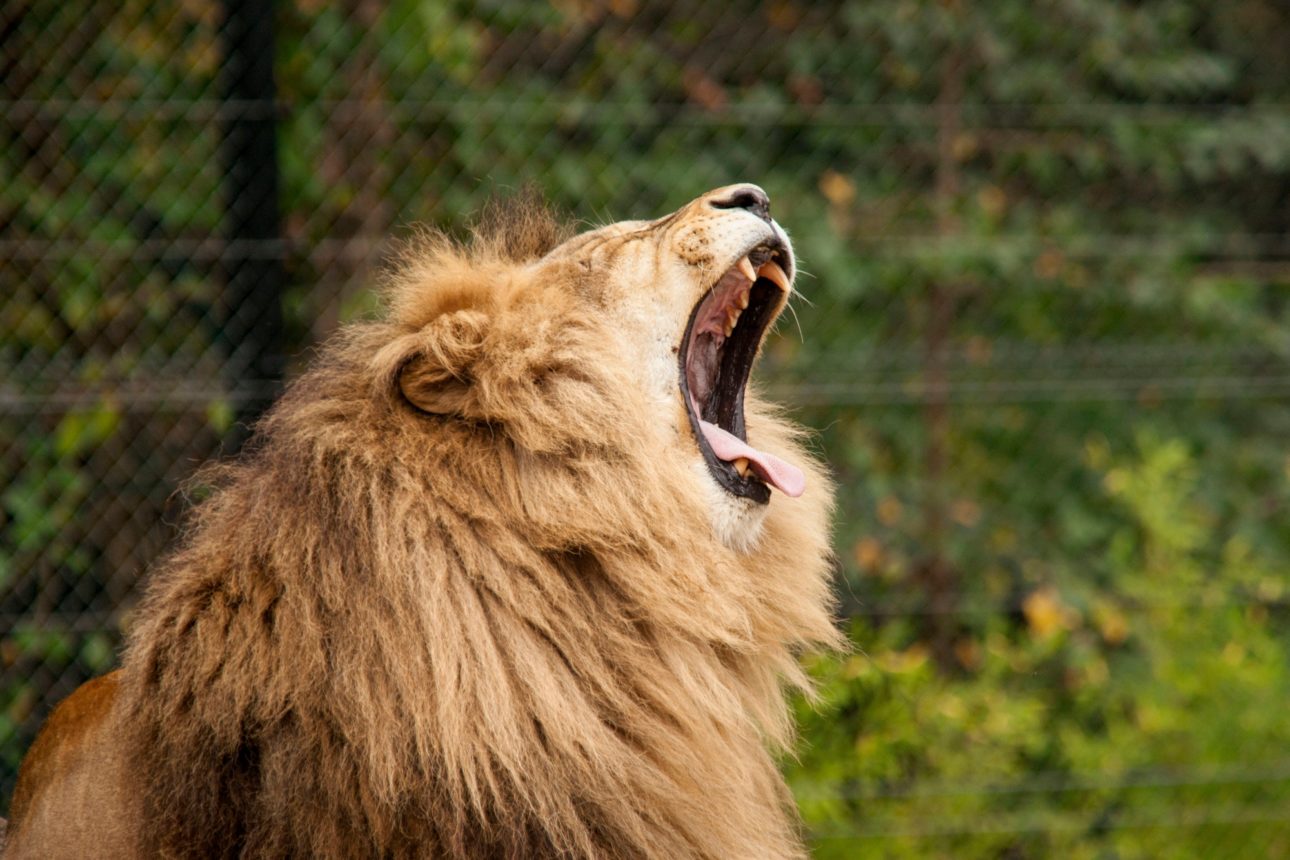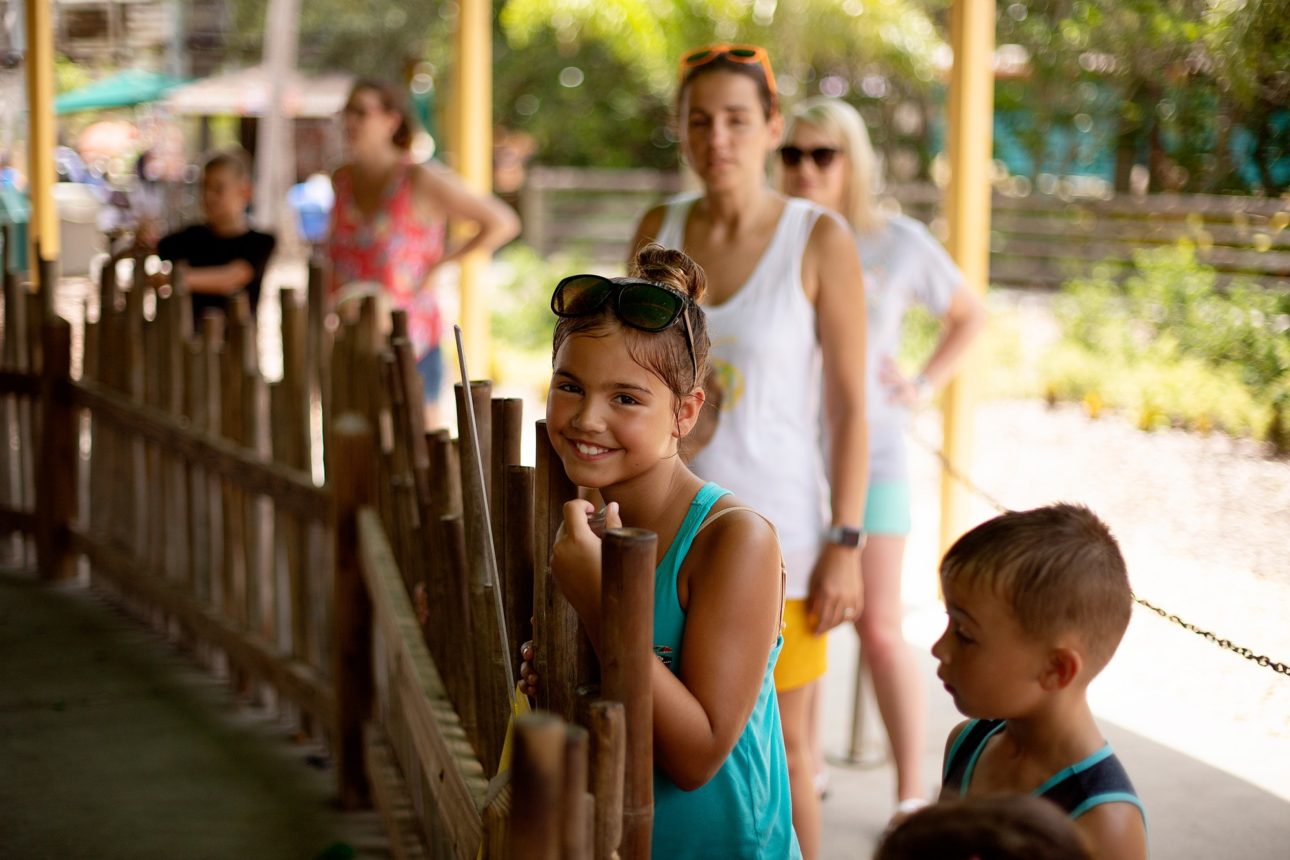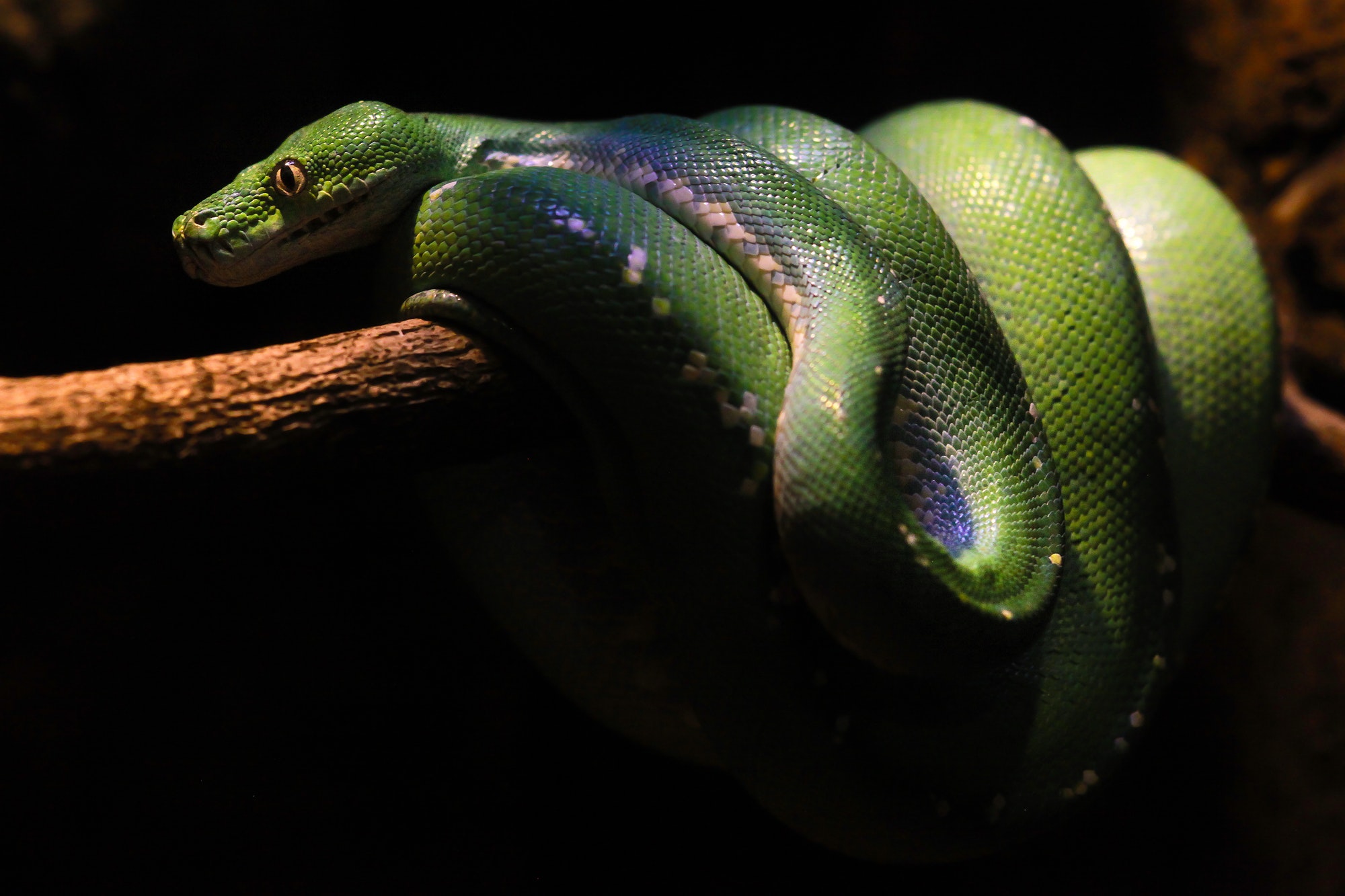
The Role of Zoos in Wildlife Conservation
Zoos have come a long way from being mere places of entertainment. Today, they play a crucial role in wildlife conservation and the protection of endangered species. Modern zoos are deeply involved in breeding programs, research, and educational outreach that contribute to the survival of species on the brink of extinction.














Visiting the zoo was an incredible experience! The animals were well-cared for, and the enclosures were designed to resemble their natural habitats, which made the visit educational and enjoyable. The staff was knowledgeable and eager to share interesting facts about the animals and conservation efforts. I also loved the interactive exhibits, which were perfect for kids and adults alike. It was inspiring to see how much effort the zoo puts into protecting endangered species and raising awareness about wildlife conservation. Overall, it’s a great place to learn, have fun, and appreciate the beauty of the animal kingdom. Highly recommend!